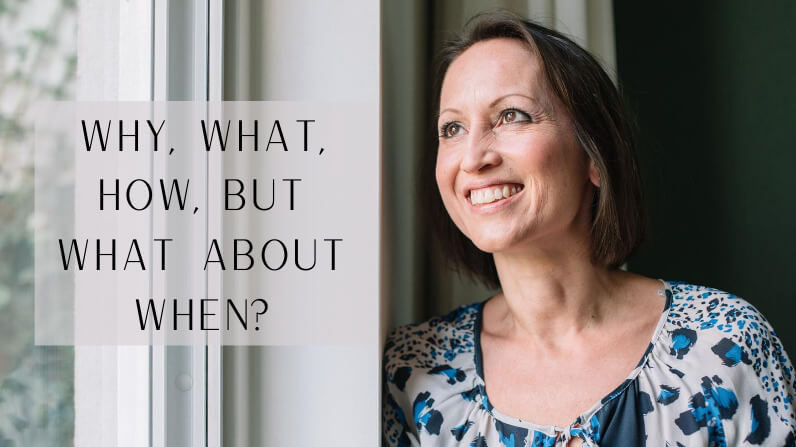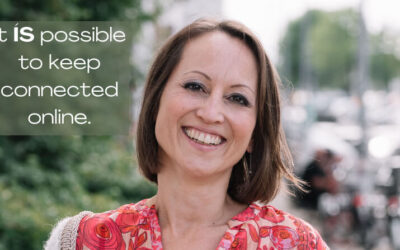The new reality and the search for the best timing
Timing has kept me pretty busy in recent months. COVID-19 has made my days look very different. Private and business are becoming more and more intertwined and merge seamlessly. Sometimes I lose track of what day or time it is.
Subconsciously, I became much more productive and I took lesser breaks or time to stretch my legs. There were days when I was full of energy and got a lot done, but there were also days when I was completely exhausted and wasn’t able to move forward.
9-to-5 no longer exists
The office hours from 9 a.m. to 5 p.m. are now even more outdated than before. Opinions and behavior on this topic vary in many ways.
On the one hand, there are judgments about the number of hours that a colleague does or does not work or at what time of the day, sometimes even checking whether and how often someone is online. And on the other hand, where only the delivered result is considered, regardless of the number of hours worked.
There is something to be said for both. I believe in the results and value that is delivered. How many hours and when someone has spent on that is not so important to me. As long as it is sufficiently balanced and sufficiently challenging for the person concerned. I rely on someone’s task maturity. People simply differ and therefore also in their biorhythm.
When am I most productive?
I started to study “timing”. Because when am I most productive now? When is the best time to perform certain activities? Is there a formula on how to become the most effective and efficient version of myself?
I found out that a lot of research has been done on timing. I came across Daniel Pink’s book “When: the scientific secrets of perfect timing”. This book summarizes it all.
Larks, third birds, and owls
I would like to share a few of my discoveries and eye-openers with you. For example, did you know that morning and evening people really exist? Below is a very simple test in which you can find out what kind of type you are.
What kind are you?
Assume a day on which you have no obligations, for example during a holiday. About what time would you go to sleep and at what time would you wake up automatically in the morning? Based on this, you determine the center of your sleep.
If the focus of your sleep is before 3:30 in the morning, then you are a lark. If your center is after 5:30 in the morning, then you are an owl. The time between half-past three and half-past five indicates that you are a third bird.
An example, me:
I go to sleep around 11 pm and then wake up around 7 am the next morning. So the focus of my sleep is around 3 am. I tend more towards the lark type
When to carry out which activities?
The time at which you perform certain activities actually affects the result. Research has shown that it is better to do certain activities in the afternoon. Roughly speaking, you could best classify your activities as follows:
How to apply?
So knowing this, why don’t we take that into account? For example, when planning meetings. Now we often plan based on the availability of the participants and the availability of a meeting room (offline). Now we know that we better plan based on the purpose of the meeting and the type of people joining.
The positive effect of breaks
Finally, research also shows that taking more and short breaks has a positive effect on effectiveness and productivity. I’m not very good at this either, but this book really convinced me that it is better to do it. The interpretation of your break is also important:

When are we going to take timing seriously?
In this time when working from home is becoming more or less the norm, trust in each other, and agreements about results are becoming increasingly important. I want organizations to take more and more into account the right timing for performing certain activities. And take into account the fact that people can have different rhythms. That they are given the freedom to organize time in such a way that they can be the most effective and efficient version of themselves.






0 Comments